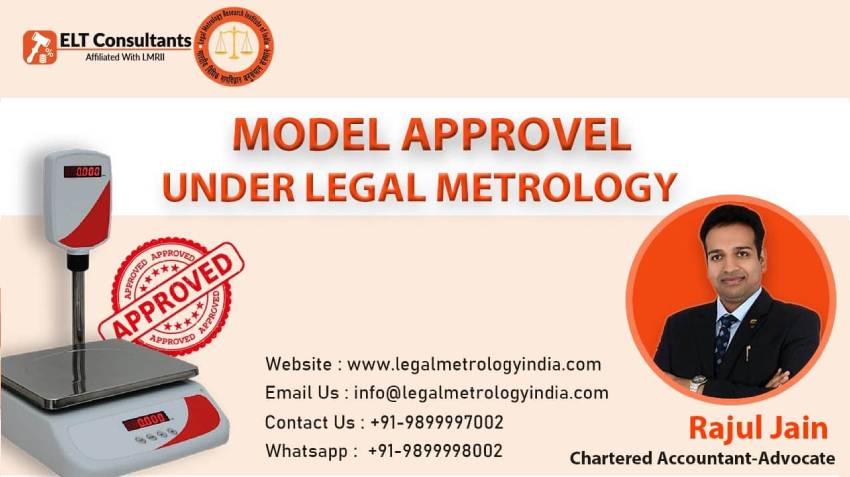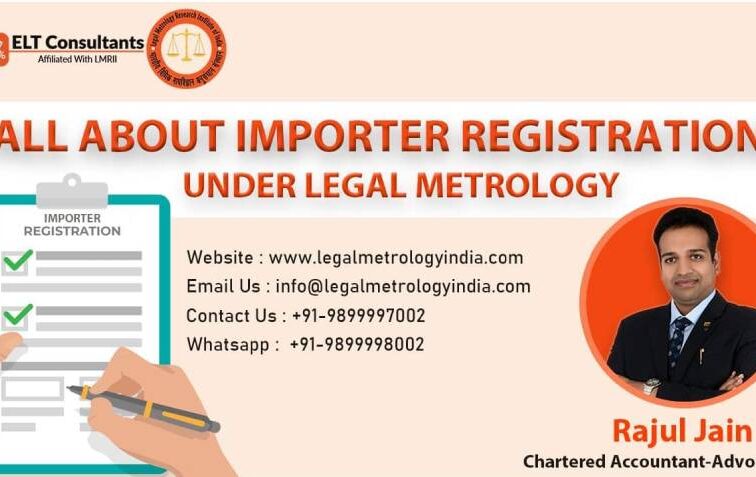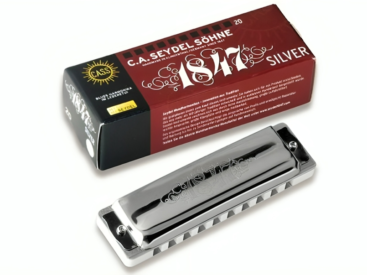Legal metrology plays a crucial role in ensuring fair trade and consumer protection by regulating the accuracy and reliability of measuring instruments and weighing devices used in commercial transactions. Legal metrology registration is a process where businesses and manufacturers register their measuring instruments and weighing devices with the designated legal metrology authority to demonstrate compliance with legal and technical standards. In this comprehensive guide, we delve into the key benefits of obtaining legal metrology registration for businesses and manufacturers. From understanding the registration process to exploring the advantages of compliance, we aim to provide valuable insights into the importance of legal metrology registration.
What Is Legal Metrology Registration?
Legal metrology registration is a formal process where businesses and manufacturers register their measuring instruments and weighing devices with the appropriate legal metrology authority. The registration confirms that the instruments have undergone testing and calibration to meet the required accuracy and performance standards. It serves as proof that the instruments are fit for commercial use and comply with legal regulations. Legal metrology authorities are responsible for ensuring that all measuring instruments used in trade provide accurate and reliable measurements to protect consumers and promote fair practices.

Why You Need Legal Metrology Registration?
Legal metrology registration is essential for businesses and manufacturers that use measuring instruments and weighing devices in their commercial activities. It is a legal requirement in many countries to ensure consumer protection and fair trade practices. Registered instruments instill confidence in customers, as they can be assured of accurate and reliable measurements. Non-compliance with legal metrology regulations can lead to legal penalties, reputational damage, and loss of consumer trust. Obtaining legal metrology registration demonstrates a commitment to quality and accuracy, enhancing the credibility of the business.
How To Register For Legal Metrology?
The process of registering for legal metrology may vary depending on the country or region’s regulations. Generally, businesses and manufacturers must submit an application to the designated legal metrology authority along with relevant documentation about the measuring instruments and weighing devices they intend to register. The instruments are then subjected to testing and calibration by accredited laboratories to verify their accuracy and compliance with legal standards. Once the instruments pass the tests, the legal metrology authority issues the registration certificate, indicating the validity period and any specific conditions or limitations.
Tips For Obtaining Legal Metrology Registration
To ensure a smooth and successful registration process, businesses should follow some essential tips. Start by identifying the measuring instruments and weighing devices that require registration. Prepare all necessary documentation, including technical specifications and calibration certificates. Choose accredited laboratories or testing facilities to conduct the required tests. Maintain clear and accurate records of the registration process for future reference. Collaborate closely with the legal metrology authority and testing facilities to address any queries or concerns promptly.
Types Of Legal Metrology Registration
Legal metrology registration may apply to various types of measuring instruments and weighing devices used in different industries. Some common examples include weighing scales used in retail, industrial weighing equipment, fuel dispensers at gas stations, water, and electricity meters, and temperature measuring devices used in healthcare and food processing. Each type of registration may have specific standards and testing procedures.
Benefits Of Legal Metrology Registration
Obtaining legal metrology registration offers several benefits for businesses and manufacturers. Firstly, it ensures compliance with legal and technical standards, preventing potential legal issues and penalties. Registered instruments provide accurate measurements, reducing the risk of errors and customer complaints. Moreover, legal metrology registration enhances the reputation of the business, as customers can trust the accuracy of the instruments. In some industries, registration may be a prerequisite for participating in tenders or contracts, expanding business opportunities. Compliance with legal metrology regulations also fosters fair trade practices, protecting consumers from deceptive practices and inaccurate measurements.
Important Considerations For Legal Metrology Registration
When pursuing legal metrology registration, businesses should consider important factors, such as the validity period of the registration certificate, any renewal requirements, and the scope of testing covered by the registration. Staying updated with any changes to legal metrology regulations is crucial to maintain compliance and ensure the instruments remain registered.
Conclusion
Legal metrology registration is a vital process for businesses and manufacturers using measuring instruments and weighing devices in commercial activities. It confirms compliance with legal and technical standards, enhances the credibility of the business, and promotes fair trade practices. By obtaining legal metrology registration, businesses demonstrate their commitment to accuracy, consumer protection, and regulatory compliance. Following the necessary steps for registration, including choosing accredited testing facilities and collaborating with legal metrology authorities, ensures a successful and smooth process. Registered instruments instill confidence in customers and open doors to new business opportunities. Staying informed about legal metrology regulations is essential to maintain compliance and adhere to the highest standards of accuracy and fairness in trade. Overall, legal metrology registration is a valuable asset for businesses seeking to establish trust, credibility, and compliance in the marketplace.

Francis Burns is an avid writer from Louisiana. With a Bachelor’s in English and a background in journalism, Francis has been writing for a variety of media outlets for the last five years. He specializes in stories about the local culture and loves to fill his work with inspiring words. When not writing, Francis enjoys exploring the outdoors of Louisiana and photographing nature.




